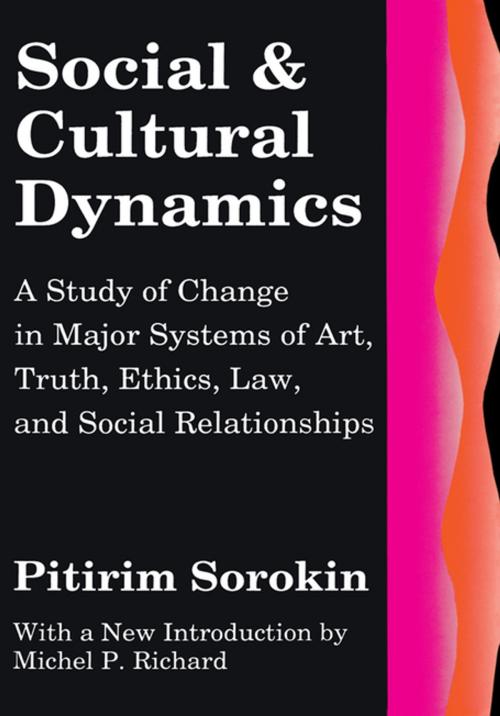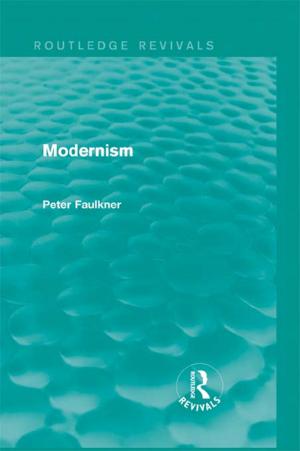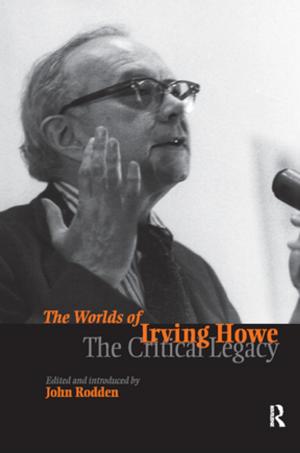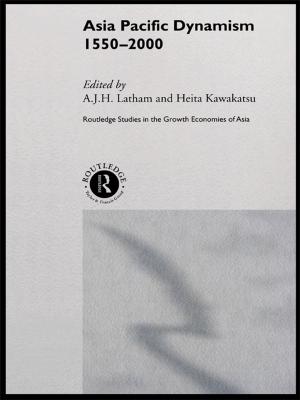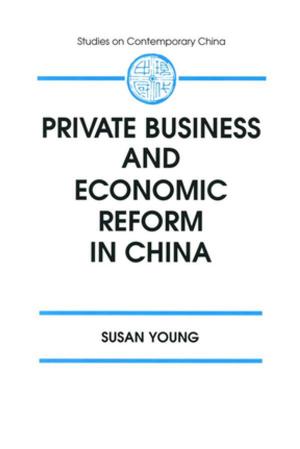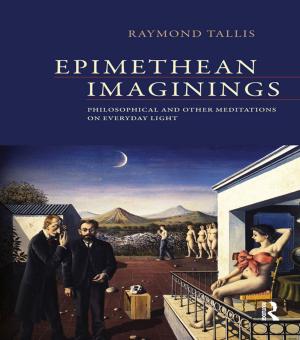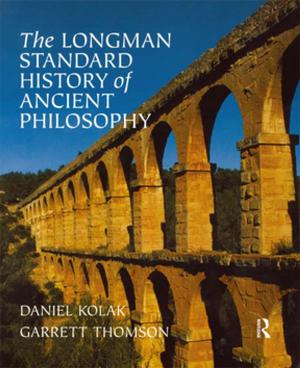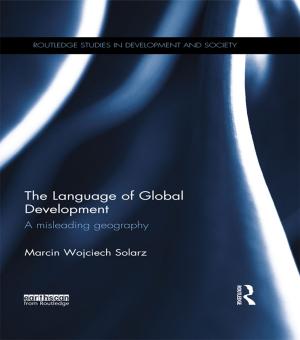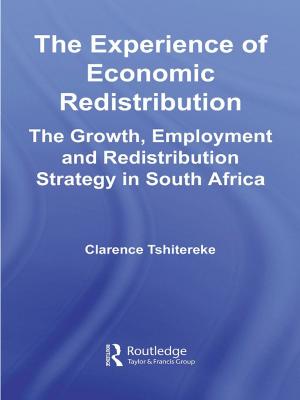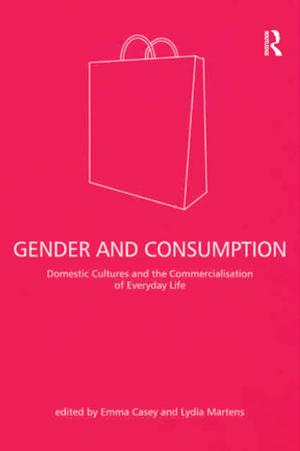Social and Cultural Dynamics
A Study of Change in Major Systems of Art, Truth, Ethics, Law and Social Relationships
Nonfiction, Social & Cultural Studies, Social Science, Anthropology, Sociology| Author: | Pitirim Sorokin | ISBN: | 9781351490597 |
| Publisher: | Taylor and Francis | Publication: | September 29, 2017 |
| Imprint: | Routledge | Language: | English |
| Author: | Pitirim Sorokin |
| ISBN: | 9781351490597 |
| Publisher: | Taylor and Francis |
| Publication: | September 29, 2017 |
| Imprint: | Routledge |
| Language: | English |
This classic work is a revised and abridged version, in a single volume, of the work which more than any other catapulted Pitirim Sorokin into being one of the most famed figures of twentieth-century sociology. Its original publication occurred before World War II. This revised version, written some twenty years later, reflects a postwar environment. Earlier than most, Sorokin took the consequences of the breakdown of colonialism into account in discussing the renaissance of the great cultures of African and Asian civilization. Other than perhaps F.S.C. Northrop, no individual better incorporated the new role of the Indian, Chinese, Japanese, and Arabic peoples in this postwar world.
Sorokin came to view social and cultural dynamics in terms of three major processes: a major shift of mankind's creative center from Europe to the Pacific; a progressive disintegration of the sensate culture; and finally the first blush of the emergence and growth of a new idealistic sociocultural order. This volume is perhaps most famous for revealing Sorokin's remarkable efforts to understand the relationship of war and peace to the process of social and political change. Contrary to received wisdom, he shows that the magnitude and depth of war grows in periods of social, cultural, and territorial expansion by the nation. In short, war is just as often a function of development as it is of social decay.
This long-unavailable volume remains one of the major touchstones by which we can judge efforts to create an international social science. There are few areas of social or cultural life that are not covered—from painting, art, and music, to the ethos of universalism and particularism. These are terms which Sorokin introduced into the literature long before the rise of functional doctrines. For all those interested in cultural and historical processes, this volume provides the essence of Sorokin's remarkably prescient effort to achieve sociological transcendence, by takin
This classic work is a revised and abridged version, in a single volume, of the work which more than any other catapulted Pitirim Sorokin into being one of the most famed figures of twentieth-century sociology. Its original publication occurred before World War II. This revised version, written some twenty years later, reflects a postwar environment. Earlier than most, Sorokin took the consequences of the breakdown of colonialism into account in discussing the renaissance of the great cultures of African and Asian civilization. Other than perhaps F.S.C. Northrop, no individual better incorporated the new role of the Indian, Chinese, Japanese, and Arabic peoples in this postwar world.
Sorokin came to view social and cultural dynamics in terms of three major processes: a major shift of mankind's creative center from Europe to the Pacific; a progressive disintegration of the sensate culture; and finally the first blush of the emergence and growth of a new idealistic sociocultural order. This volume is perhaps most famous for revealing Sorokin's remarkable efforts to understand the relationship of war and peace to the process of social and political change. Contrary to received wisdom, he shows that the magnitude and depth of war grows in periods of social, cultural, and territorial expansion by the nation. In short, war is just as often a function of development as it is of social decay.
This long-unavailable volume remains one of the major touchstones by which we can judge efforts to create an international social science. There are few areas of social or cultural life that are not covered—from painting, art, and music, to the ethos of universalism and particularism. These are terms which Sorokin introduced into the literature long before the rise of functional doctrines. For all those interested in cultural and historical processes, this volume provides the essence of Sorokin's remarkably prescient effort to achieve sociological transcendence, by takin
